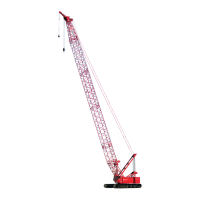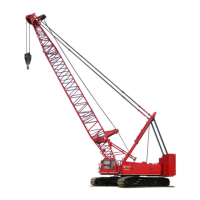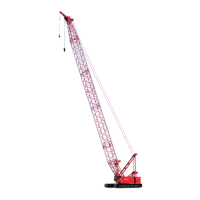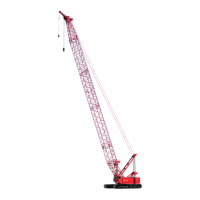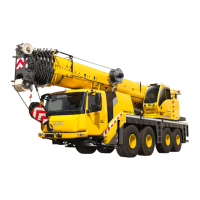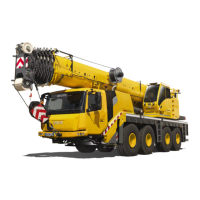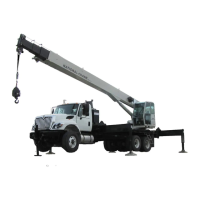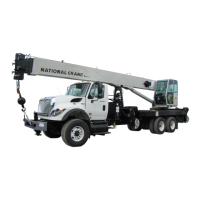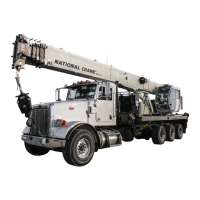Manitowoc Published 05-09-17, Control # 014-28 10-1
16000 SERVICE/MAINTENANCE MANUAL TROUBLESHOOTING
SECTION 10
TROUBLESHOOTING
INTRODUCTION
This troubleshooting section is designed for qualified service
technicians familiar with the operation and repair of electrical
and hydraulic equipment. It is not possible to predict all
problems that might occur or the correct procedure for
troubleshooting each problem. If a problem is encountered
that is not covered in this manual, first consult your
Manitowoc dealer. The Manitowoc Crane Care Lattice
Team can also provide assistance, if necessary.
SAFETY SUMMARY
Hazards are always a possibility when performing trouble-
shooting operations on heavy equipment. To minimize the
risk of potential hazards and to prevent serious injury or
death, you must comply with the following:
• Read the Operator Manual and Service Manual before
beginning troubleshooting operations.
• You shall be a qualified service technician, competent in
the repair and testing of electrical and hydraulic
equipment. Manitowoc is not responsible for training
personnel who might use this manual to perform the
troubleshooting operations.
• Whenever possible, turn off crane engine for your
protection and keep unauthorized personnel away from
the crane when troubleshooting.
• Never troubleshoot the crane alone. Always perform
troubleshooting procedures with a qualified operator in
crane cab. Maintain constant communication with this
operator when performing operations that require crane
engine to be running.
• Do not return crane to service after completion of
maintenance or repair procedures until all guards and
covers are re-installed, trapped air is bled from hydraulic
systems, safety devices are enabled and maintenance
equipment is removed.
• Perform a function check to ensure correct operation at
the completion of maintenance or repair operations.
The following warnings apply to all troubleshooting
operations. Manitowoc cannot foresee all hazards that may
occur.
You shall be familiar with the equipment, trained in testing
methods, and use common sense while troubleshooting to
avoid other hazards.
GENERAL TROUBLESHOOTING
The following guidelines apply to all troubleshooting
operations:
• Do not remove cylinders or counterbalance valve(s)
from a cylinder until its working unit is restrained against
movement.
• Do not use your hands to check for hydraulic oil leaks.
Use a piece of cardboard to check for hydraulic oil leaks.
• Use gauges of the correct pressure range when
checking hydraulic circuits.
• Check pressures at the specified hydraulic component
ports.
• Use the
RCL display and main display for checking
pump, motor, handle, brake, etc. components.
• Use the in-line test boards (available from the
Manitowoc Crane Care Lattice Team) for further testing
of computer nodes and electrical circuits.
WARNING
Eye, Skin, And Respiratory Hazards!
Wear proper eye and skin protection and avoid direct
contact with battery acid, oil, or ether spray when
searching for leaks, opening connections, or installing
pressure gauges.
Pressurized hydraulic oil can cause serious injury. Turn
OFF engine, remove key, and relieve pressure on system
before disconnecting, adjusting, or repairing any
component.
Ensure that connections are made correctly, O-rings or
gaskets are in place, and connectors are tight before
pressurizing system.
Use necessary precautions to prevent electrical burns
when checking battery charging and starter circuits.
Death or serious injury can occur if these warnings are
ignored.
Unexpected Moving Part Hazard!
Keep personnel away from crane while manually
actuating a valve or pump to avoid unexpected equipment
movement that can cause death or serious injury.
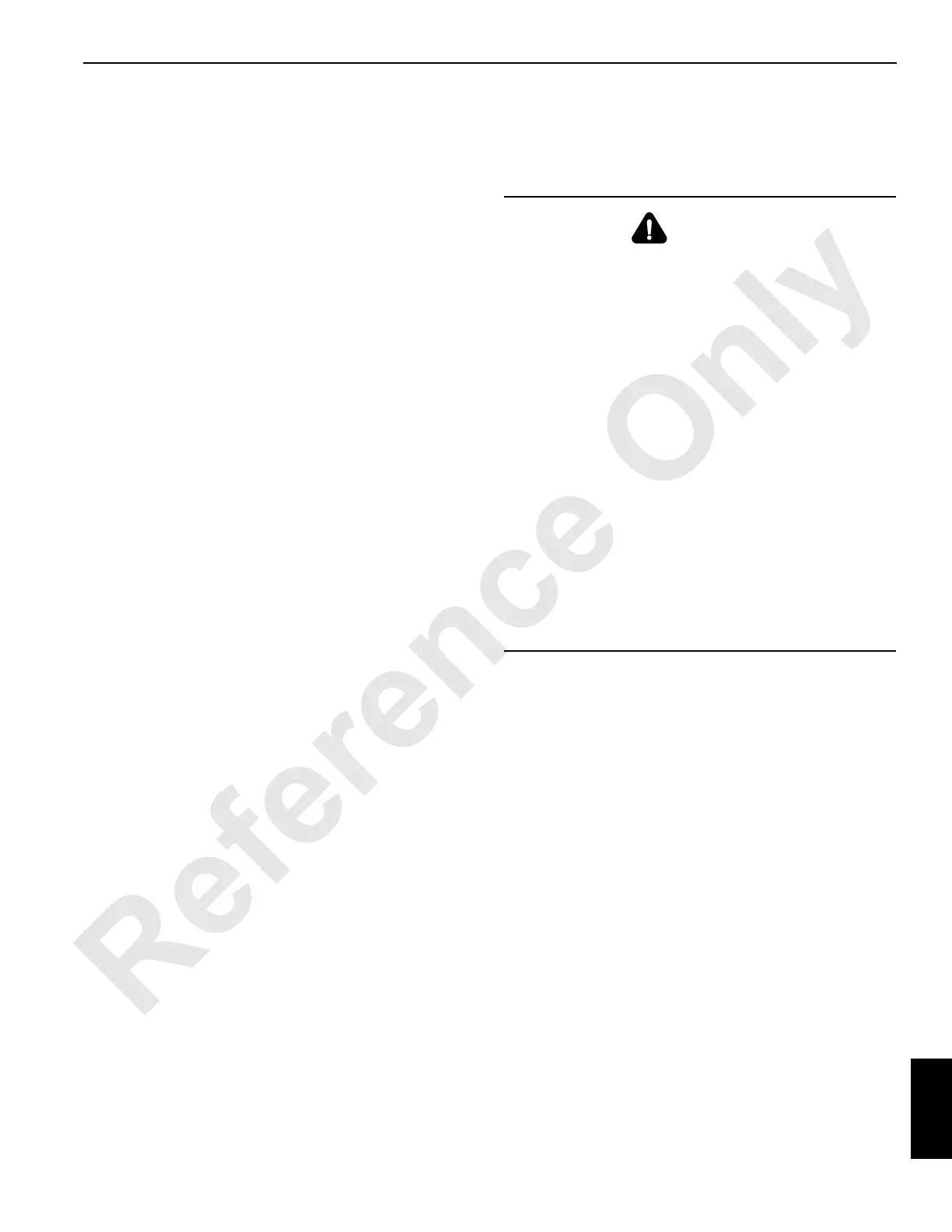